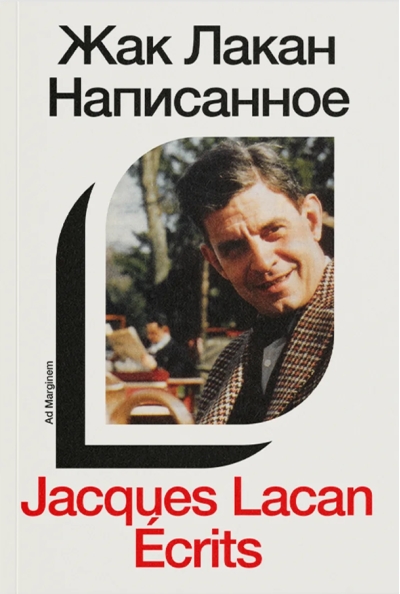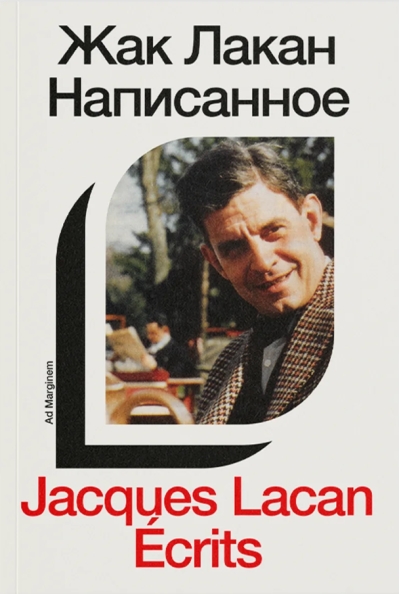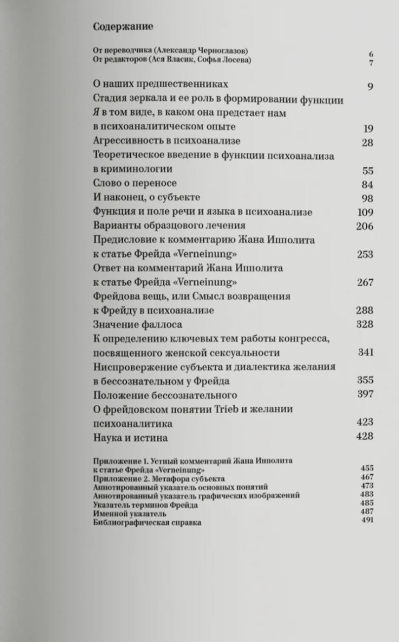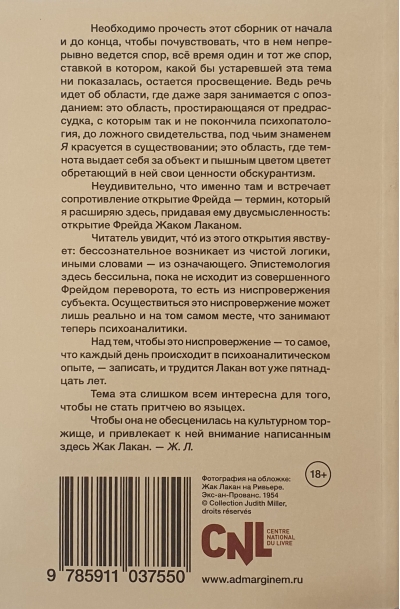Written. Volume I
19.99 €
The only thing available 1
One of the main protagonists of the "French theory" that transformed the intellectual world in the 1960s and 1970s, the psychoanalyst Jacques Lacan preferred practice to theorizing, whether it was therapy - working directly with patients - or teaching - leading the famous seminar, where not only new interpretations of Freudian texts and techniques of psychoanalysis were tested in dialogue with the audience, but also new ways of thinking. The preference for the spoken word over the written word was in keeping with the key idea of Lacan the structuralist psychoanalytic reformer, according to which the unconscious "is a language whose speech must be liberated." These are words from the 1953 "Roman Speech," a keynote address that was also delivered orally but paradoxically became the semantic center of Lacan's only authored collection of texts, published in 1966 under the title "Écrits" - "Written." It was not without hesitation that Lacan dared to present himself to his readership in writing, but he sharpened the question of who speaks: His texts from different years and on different topics - philosophical, literary, psychoanalytic proper, from science and truth to female sexuality - again and again approach the speech sought, giving voice to the most unexpected "actors," such as truth, while at the same time relentlessly shuffling through situations of "introspection" in which the writer speaks - as in the text he wrote especially for the cover - to himself. This rhetorical spectacle, brilliantly staged by Lacan on the stage of the book, reinforced his authority in psychoanalysis, but also revealed in him an outstanding stylist and visionary thinker, whose intellectual toolkit soon came in handy for philosophers, philologists, art historians, and film historians alike. In 2012, Antoine Compagnon called 1966 "annus mirabilis" - the year of miracles - when Foucault's Words and Things, Althusser's To Marx and Reading Capital, Benveniste's Problems of General Linguistics, Barthes's Critique and Truth, Genette's Figures, Todorov's Theory of Literature, Boulez's Disciple Measurements, and Lacan's Written were published.
Written is published in Russian for the first time in two volumes, the first of which includes, among others, the famous "Roman Speech" ("The Function and Field of Speech and Language in Psychoanalysis"), the articles "The Stage of the Mirror...", "The Freudian Thing...", "And Finally, About the Subject".
Written is published in Russian for the first time in two volumes, the first of which includes, among others, the famous "Roman Speech" ("The Function and Field of Speech and Language in Psychoanalysis"), the articles "The Stage of the Mirror...", "The Freudian Thing...", "And Finally, About the Subject".
See also:
- All books by the publisher
- All books by the author











